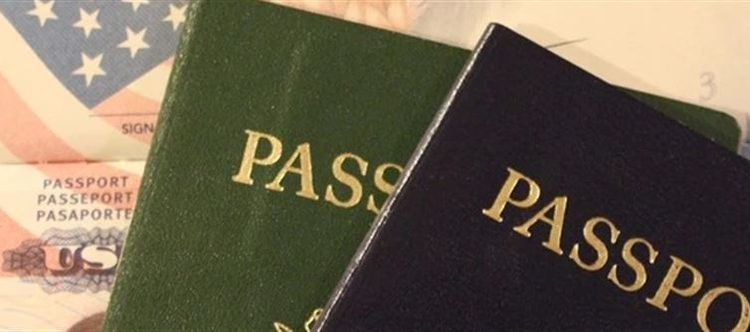
Longer Processing Time
In 2025, waiting periods for marriage-based green card applications have grown. Even for couples applying from within the United States, the biometrics appointments, interviews, and approval processes are becoming more time-consuming. Despite acknowledging these delays, USCIS has not yet put any solutions in place. Expect slower travel because the longer processing delays are caused by more thorough vetting procedures and stricter checks.
Stricter scrutiny of marital authenticity
By 2025, more time will be spent by USCIS officers confirming the legitimacy of marriages. Anticipate more in-depth interview questions and requests for further evidence (RFEs), as well as increased scrutiny of shared finances, living arrangements, and social history. Denials could result from inadequate documentation. One of our clients recently faced several challenges, such as three home visits by USCIS officers, several interactions with the family members of the US spouse in different locations, and even repeated requests for confidential information, such as criminal history. Much before legal counsel is involved, this increased scrutiny may make the application process much more challenging for candidates.
Updated forms and increased filing fees
USCIS has modified the Form I-130 Family Petition and increased filing fees. To prevent your application from being denied, you must submit the most recent copies of the I-130 and I-485 forms. Using out-of-date checklists could cause your application to be delayed. To make sure your forms are current, always verify the requirements one last time before submitting.
Delays in work and travel permits
Wait periods will be lengthier if you're applying for employment and travel permits (EAD/Advance Parole) when you're changing your status in the US. These permissions now take eight to fourteen months to process. Many candidates discover that while their green card application is pending, they are unable to travel or work. We frequently have to let customers know that until they obtain their Advance Parole, they are not allowed to leave the United States. Consular processing might be a preferable choice for people who cannot afford to wait.
What USCIS considers a Bona Fide Marriage
USCIS takes several factors into account when determining the legitimacy of a marriage, including:
*Joint bank accounts
*A shared mortgage or lease
*Photos together over time
*Call logs, emails, and text messages
*Affidavits from friends and family members
Simply providing a marriage certificate will not be enough. Be sure to have comprehensive evidence to demonstrate the authenticity of your relationship.




 click and follow Indiaherald WhatsApp channel
click and follow Indiaherald WhatsApp channel